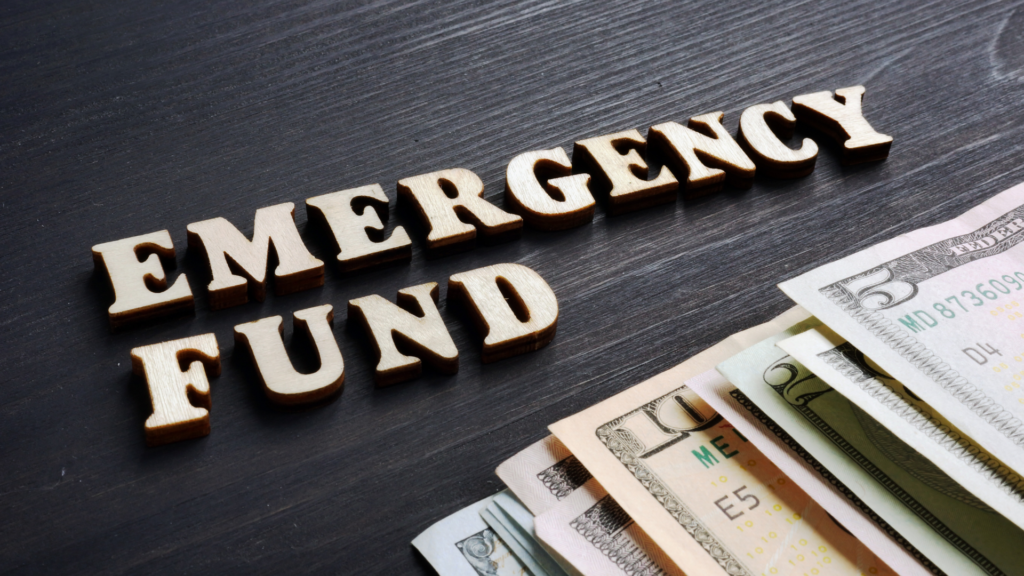
An emergency fund is one of the most important foundations of personal finance. Life is unpredictable—job loss, medical expenses, or urgent repairs can happen at any time. Having money set aside ensures you’re prepared instead of panicked.
Why You Need an Emergency Fund
Without savings, a single emergency can force you into credit card debt or high-interest loans. An emergency fund provides a financial buffer that allows you to handle sudden expenses without derailing your long-term goals.
Experts recommend saving 3 to 6 months’ worth of essential expenses, but even starting with $500 to $1,000 can make a difference.
Start Small, Stay Consistent
Begin by setting aside a small amount each month—even $20 per week adds up over time. Treat it like a bill you pay yourself. Automate your savings if possible, so it happens without effort.
Use a separate high-yield savings account to keep your emergency fund out of sight and out of mind, while still accessible when needed.
What Counts as an Emergency?
Not everything qualifies as an emergency. Vacations, shopping sprees, or upgrading your phone don’t count. Use your fund only for unexpected, necessary expenses like car repairs, medical bills, or temporary job loss.
With discipline and steady contributions, your emergency fund can become your financial peace of mind.
Conclusion
Building an emergency fund isn’t just smart—it’s essential. Start small, be consistent, and protect your financial future from the unexpected.

